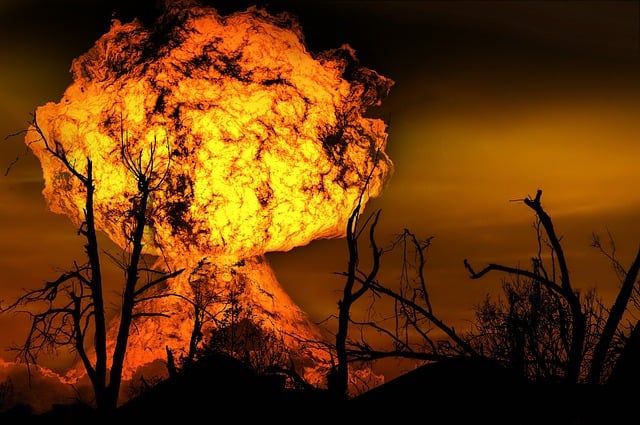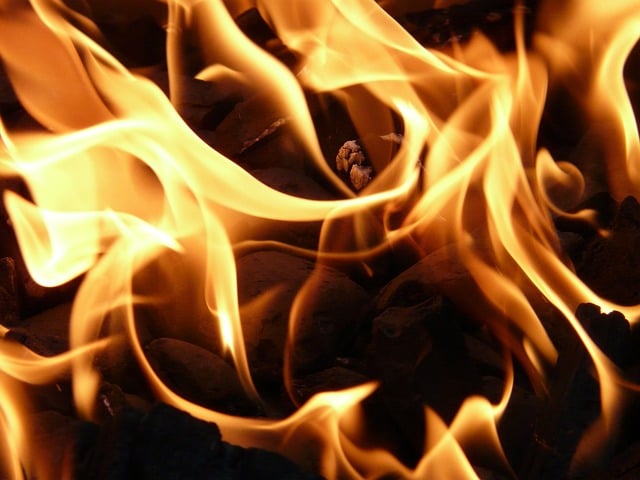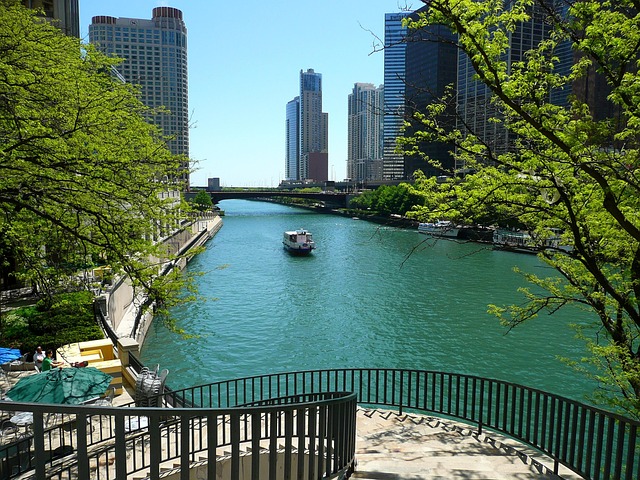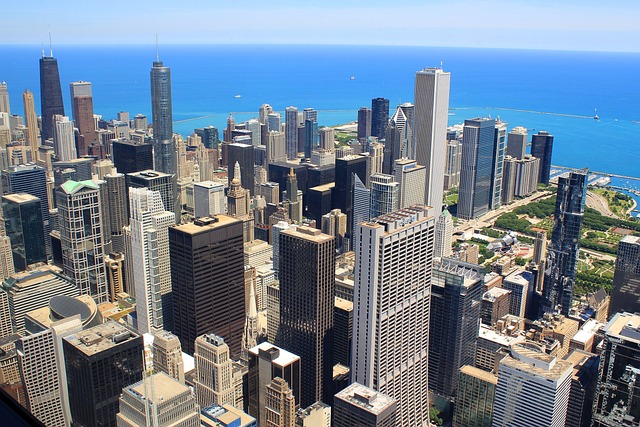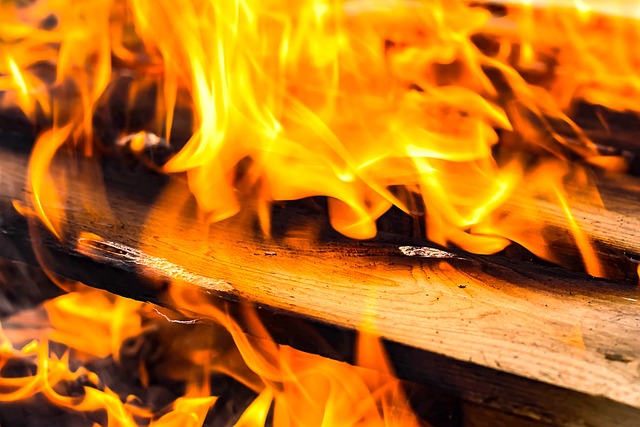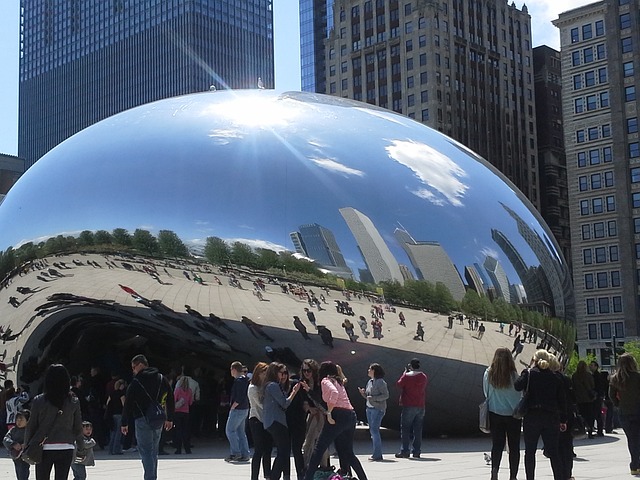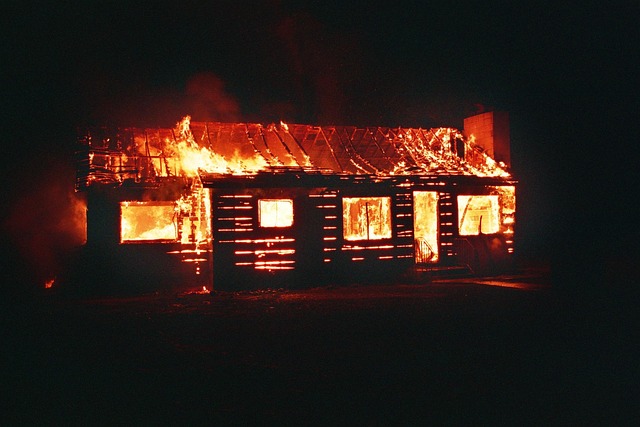Distressed property sales, particularly homes with fire damage in Chicago, are gaining traction as attractive entry points for first-time homebuyers and investors. While these properties require thorough inspection and potential renovation, successful restoration can yield revitalized spaces. Buying a fire-damaged home in Chicago offers cost savings compared to non-distressed options. Selling such a property involves strategic planning, including damage assessment, transparent disclosure of fire history, adherence to local building codes, professional cleaning, and staging. Engaging experienced professionals is crucial for navigating legal and financial complexities, ensuring a smoother transaction, and maximizing proceeds when selling a house with fire damage in Chicago.
“In Illinois, distressed property sales are a significant aspect of the real estate market, particularly in bustling Chicago. This article delves into the intricacies of understanding and navigating these sales, focusing on a common challenge: fire damage. From ‘Understanding Distressed Property Sales in Illinois’ to ‘Legal and Financial Considerations’, we explore strategies for selling a house with fire damage in Chicago, offering insights for both sellers and professionals in this unique market.”
- Understanding Distressed Property Sales in Illinois
- Fire Damage: A Common Challenge for Home Sellers in Chicago
- Navigating the Process of Selling a House with Fire Damage
- Legal and Financial Considerations for Distressed Property Sales
Understanding Distressed Property Sales in Illinois
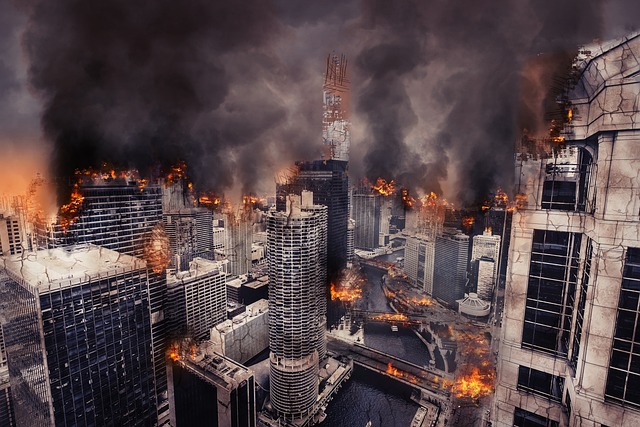
Distressed property sales, such as those involving homes with fire damage in Chicago, have become an increasingly significant aspect of Illinois’s real estate market. These transactions offer unique opportunities for both buyers and sellers, navigating a distinct segment within the housing sector. In Chicago, a city known for its vibrant yet diverse neighborhoods, distressed properties often present affordable entry points for first-time homebuyers or investors looking to secure valuable real estate at competitive prices.
Fire-damaged homes, in particular, require careful consideration during the buying process. Buyers should assess the extent of the damage and understand that such properties might need substantial renovations. However, with proper restoration, these distressed sales can result in beautifully rejuvenated spaces. Many Illinois buyers find that purchasing a house with fire damage Chicago offers an advantage—the chance to create a new beginning in a revitalized home while potentially saving significant costs compared to buying a non-distressed property.
Fire Damage: A Common Challenge for Home Sellers in Chicago
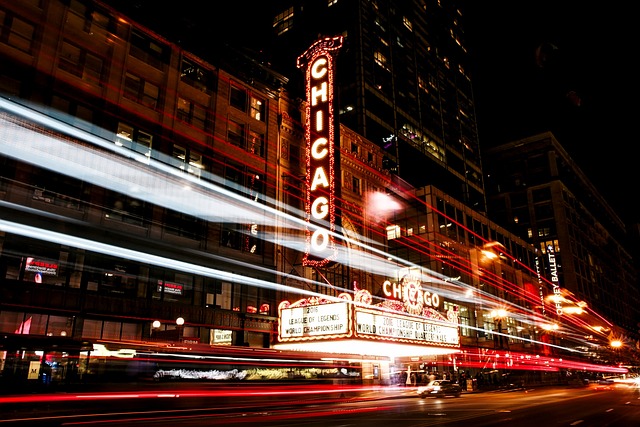
Fire damage is a significant challenge that many homeowners in Chicago face when trying to sell their properties. According to recent statistics, structural fires are relatively common in the city, leading to substantial property losses each year. When a home suffers fire damage, it not only affects the physical structure but also has implications for potential buyers.
Selling a house with fire damage in Chicago requires careful consideration and strategic planning. Homeowners must assess the extent of the damage and decide whether repairs are feasible or if rebuilding is necessary. In some cases, insurance coverage can help offset the costs, but buyers often hesitate when purchasing properties with a history of fires. Therefore, it’s crucial for sellers to disclose all relevant information transparently to avoid legal issues and ensure a smooth sales process.
Navigating the Process of Selling a House with Fire Damage

Navigating the process of selling a house with fire damage in Chicago can seem daunting, but understanding the steps involved can make the transition smoother. The first step is to assess the extent of the damage and consult with contractors for repairs. In Chicago, homeowners should also be aware of local building codes and regulations regarding structural integrity and safety after a fire. This process often involves obtaining permits and ensuring compliance before listing the property.
Once repairs are complete, homeowners should focus on presenting their home in the best light to potential buyers. Professional cleaning and staging can help conceal remnants of the fire and showcase the house’s potential. With proper preparation and guidance from real estate professionals experienced in distressed sales, selling a house with fire damage in Chicago is achievable. Remember that transparency about the property’s history is key to building trust with prospective buyers.
Legal and Financial Considerations for Distressed Property Sales
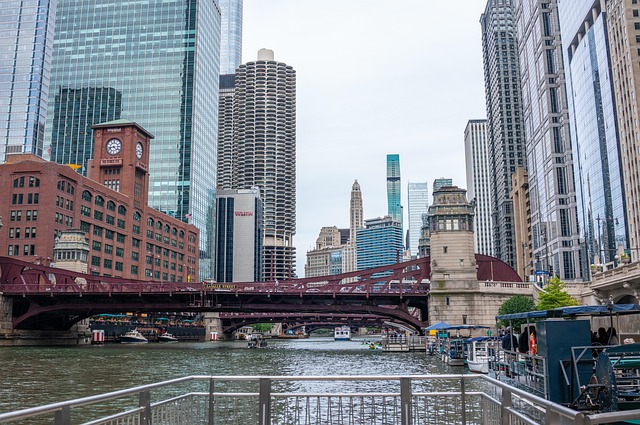
When considering a distressed property sale in Illinois, including homes with fire damage in Chicago, there are several legal and financial aspects to keep in mind. Firstly, it’s crucial to understand that these transactions often involve unique challenges. Fire-damaged properties require careful assessment of potential repair costs and insurance considerations. Homeowners should review their insurance policies thoroughly to grasp coverage limits and deductibles, especially when selling a house with fire damage.
Engaging experienced professionals is vital during this process. Real estate attorneys specializing in distressed sales can provide guidance on legal requirements and help navigate any complexities arising from the property’s history. Additionally, financial advisors can offer insights into tax implications, potential incentives for buyers, and strategies to maximize proceeds, ensuring a smoother sale of a house with fire damage in Chicago.
Distressed property sales, particularly those involving fire damage in Chicago, present unique challenges but also opportunities. Understanding the intricacies of this process is crucial for both sellers and buyers navigating the complex landscape of selling a house with fire damage. By weighing legal and financial considerations, as discussed in this article, sellers can successfully navigate the challenges and find solutions that meet their needs, ensuring a smoother transition for all involved parties when selling a house with fire damage in Chicago.
